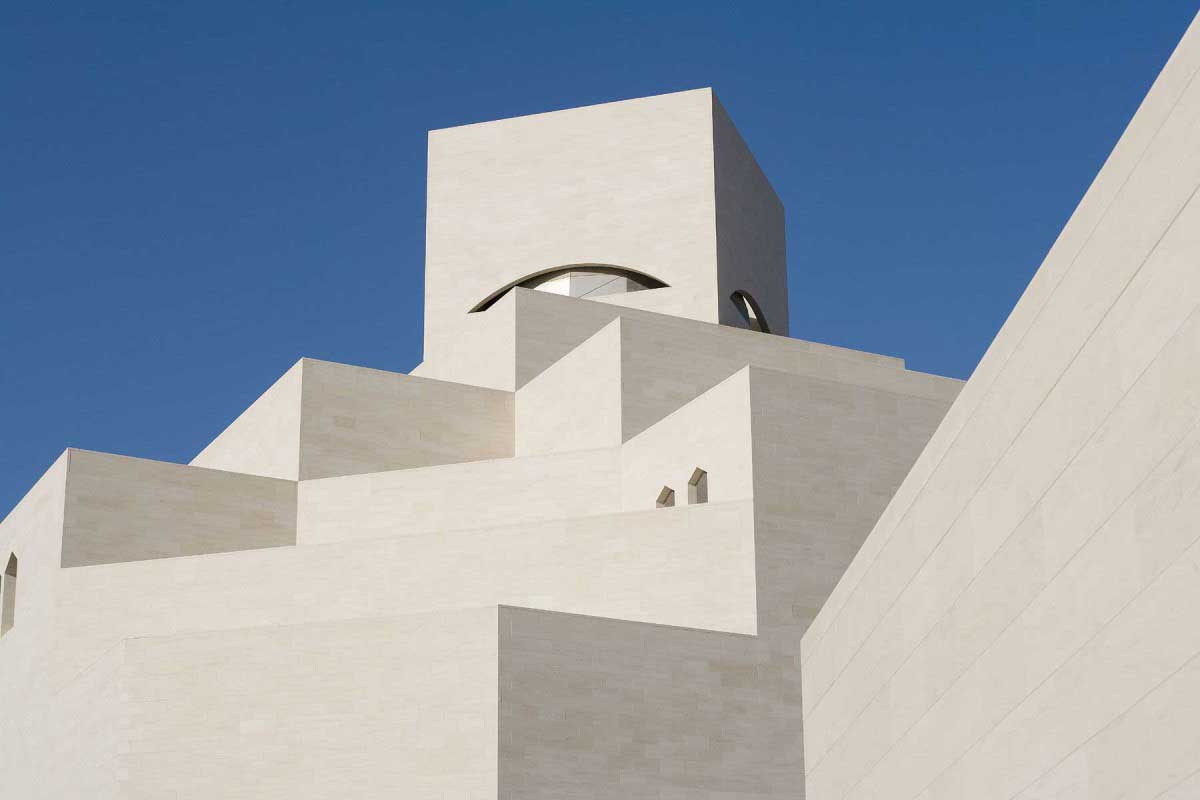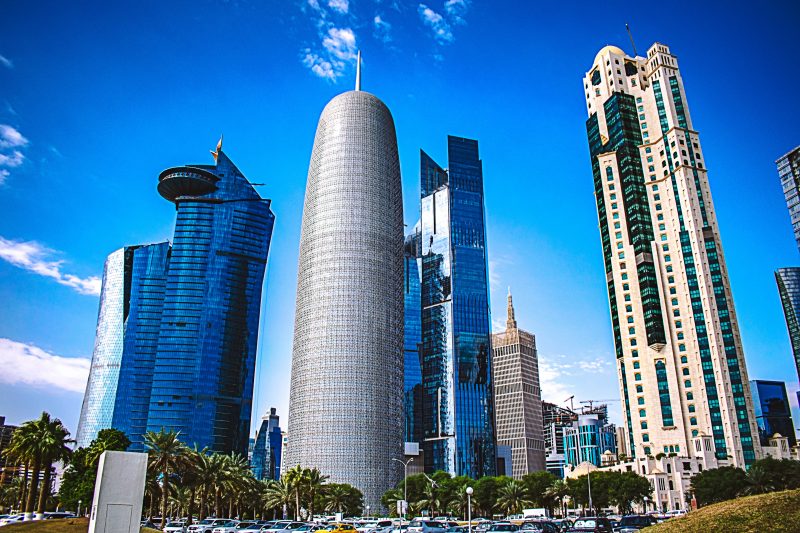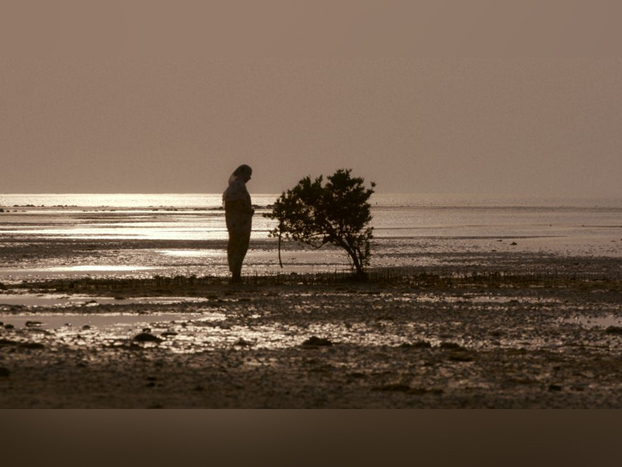Several Gulf countries, including Qatar, have threatened Netflix with legal action if it continues to broadcast material that goes against “Islamic values.”
In a joint statement with the Saudi media watchdog, the six-nation Gulf Cooperation Council (GCC), which has its headquarters in the Saudi capital of Riyadh, asked for the removal of material that “contradicts Islamic and societal principles.”
“The platform was contacted to remove this content, including content directed at children,” the statement noted.
Authorities said they “will follow up on the platform’s compliance with the directives, and in the event that the infringing content continues to be broadcast, the necessary legal measures will be taken.”
Bahrain, Kuwait, Oman, Qatar, Saudi Arabia, and the United Arab Emirates are all members of the Gulf Cooperation Council.
Netflix has not yet released a statement responding to the request.
While the statement failed to specifically identify the offending content, a segment on the Saudi state-run Al-Ekhbariya news channel condemned “movies and series for children with scenes promoting homosexuality under a dramatic cover via Netflix.”
In an interview with the Saudi channel, a lawyer described them as “very unfortunate and painful clips for our children, grandchildren and the next generation”.
The latest development comes amid a push by countries to enforce laws designed to protect local beliefs and cultural values.
Repeated requests
Gulf nations and US film distributors have frequently disagreed over sexual minorities-related material, particularly in movies.
The Disney animated film Lightyear, which features two female characters kissing, was outlawed in the United Arab Emirates in June.
Disney in April denied a request to remove “LGBTQ references” from the Marvel superhero movie Doctor Strange in the Multiverse of Madness by Saudi Arabia, which first started screening movies in 2017.
Earlier this year, Saudi Arabia and Qatar seized rainbow-coloured toys and apparel deemed to be non-compliant with Islamic values from stores in the cities.
Through an announcement on Twitter, Qatari authorities highlighted the fourth clause of Article No. 2 of Law No. 8 of 2008 on Consumer Protection which stipulates “the right to respect religious values, customs, and tradition.”
The ministry also cited an updated law that stipulates “practicing commercial activities and distributing goods and services must take place while maintaining respect for the values of Islam, and with adherence to the customs and traditions of Qatari Society”.
The news was met with mixed reactions on social media, with some mocking the move while others applauding authorities for cracking down on symbols they deem to be against the norms and cultures of the state.

















Leave a Reply